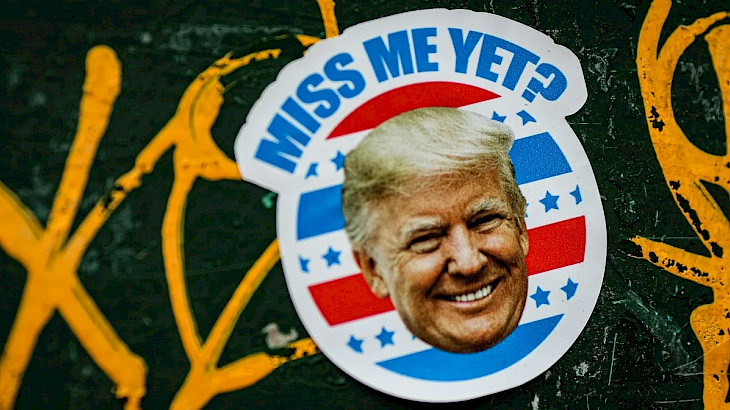On April 2, 2025, U.S. President Donald Trump announced the introduction of new tariffs on imported goods.
According to a White House statement, a 10% base tariff on all imported goods will take effect on April 5. Among the affected countries are those from Central Asia.
Specifically, Kyrgyzstan, along with Uzbekistan, Tajikistan, and Turkmenistan, falls under the 10% base tariff, reflecting similar tariffs imposed by these countries on American goods. Kazakhstan, however, faces a 27% tariff, considering its current 57% tariffs on U.S. imports.
According to the National Statistical Committee of Kyrgyzstan, the total trade turnover between the U.S. and Kyrgyzstan from January to May 2024 amounted to $122.8 million.
The main U.S. exports to Kyrgyzstan included:
▪️ Passenger cars – $63.7 million
▪️ Internal combustion engines for vehicles – $10.5 million
▪️ Auto parts – $7.3 million
Meanwhile, Kyrgyzstan’s primary exports to the U.S. consisted of:
▪️ Dairy products
▪️ Natural honey
▪️ Finished goods, including clothing patterns
Starting April 9, even higher tariffs will be imposed on countries with the largest trade deficits with the U.S.
▪️ European Union – 20%
▪️ Japan – 24%
▪️ South Africa – 30%
▪️ Switzerland – 31%
▪️ Taiwan – 32%
▪️ China – 34%
▪️ Vietnam – 46%
▪️ Cambodia – 49%
Other countries affected by the higher tariffs include:
▪️ Norway – 15%, Israel – 17%, Philippines – 17%, Nicaragua – 18%
▪️ Jordan – 20%, Ivory Coast – 21%, Malaysia – 24%, South Korea – 25%
▪️ Tunisia – 28%, Pakistan – 29%, Indonesia – 32%, Bangladesh – 34%
▪️ Thailand – 36%, Serbia – 37%, Botswana – 37%
▪️ Sri Lanka – 44%, Myanmar – 44%, Madagascar – 47%, Laos – 48%
President Trump emphasized that these measures aim to correct long-standing trade imbalances and protect American manufacturers. He stated that the U.S. is open to revising or lifting tariffs for countries that lower their trade barriers for American goods.
The international community has reacted to the new tariffs. Representatives from the European Union and China expressed concern and hinted at possible retaliatory measures.
Economists have warned that these tariffs could lead to higher prices for American consumers and increase tensions in global trade. However, Trump’s supporters argue that these policies will stimulate domestic production and create new jobs in the U.S.
CentralasianLIGHT.org
April 3, 2025

